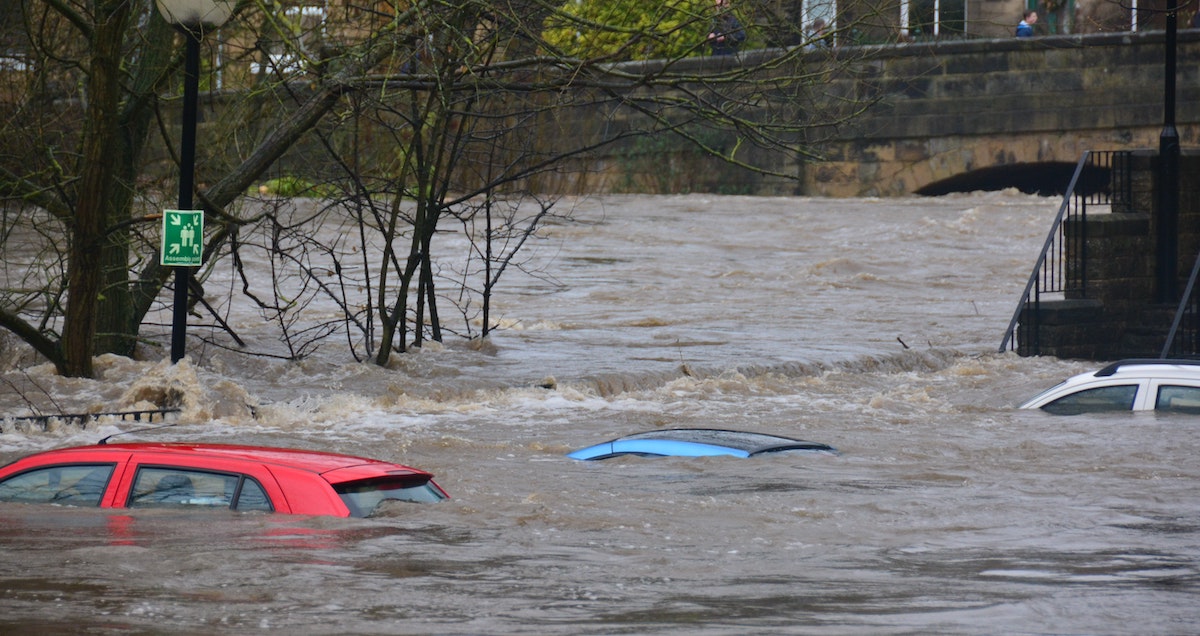Development need not leave out anyone and should lift everyone out of poverty towards a more prosperous, just nation.
LAST week, amid the record number of Covid-19 cases, Malaysia presented its progress on the Sustainable Development Goals (SDGs) to the United Nations. While some may question the relevance of long-term and lofty targets when Malaysia and the world are grappling with a crisis, it would be myopic if the link between the current crisis and development is not made.
The SDGs offer a tool for countries to benchmark themselves internationally as well as chart their progress in key development areas domestically. With countries now looking to recover from the pandemic, it is important to understand where we are in our development journey and chart a recovery with the aim of “building forward better”.
In terms of benchmarking, while there is no official SDGs ranking, the Sustainable Development Solutions Network (SDSN) produces an annual SDG index. In the 2021 edition, Malaysia ranks 65th out of 165 countries. Although Malaysia’s overall score increased, this is a drop from its 60th spot in 2020. In the region, Malaysia comes third behind Thailand (43rd) and Vietnam (51st) and ahead of Singapore (76th) and Indonesia (97th).
More importantly, the SDGs allow for an assessment on the progress towards achieving key development goals. Malaysia’s official SDGs reporting, the Voluntary National Review (VNR), provides some insights and lessons for our development agenda.

First, progress has been made but it is currently uneven. Using the 5Ps commonly adopted in the SDGs – people, prosperity, planet, peace and justice and partnerships – Malaysia is progressing unevenly across issues.
From a “people’s” perspective, Malaysia’s achievements have been largely positive, particularly in eradicating poverty, with 34 times increase in gross national Income (GNI) achieved between 1967 and 2019. The healthcare system, strained by Covid-19, remains on a par with more developed countries in its effort to provide quality, accessible and affordable healthcare.
In terms of “prosperity”, Malaysia’s transformation from a traditional and low-productivity agrarian-based economy to a modern one based on manufacturing and services is an international success story.
However, progress on “planet” and “peace and justice” has been more challenging. While improvements in certain areas have been made in protecting the environment, such as an increase in recycling rate from 15.7% in 2015 to 30.7% in 2020, key environmental indicators continue to deteriorate. Domestic water consumption continues to rise at 245 litres per capita per day, much higher than the UN recommended 165 litres per day, and carbon emissions continue to rise.
In terms of “peace and justice”, various challenges were highlighted and in the spotlight because of Covid-19. This included many unsentenced detainees in prisons at 27.5% (18,199 out of 66,185 prisoners), causing overcrowding and adding to a surge in Covid-19 infections. Corruption remains a problem with a rise in number of investigations and arrests.
Second, as we have seen during the pandemic, progress in development is dynamic. In other words, meeting a target or certain level in development goals does not mean that it is achieved for good.
For example, GDP declined by 5.6% in 2020 while the unemployment rate increased to 5.1% in the second quarter of 2020. While Malaysia has made tremendous strides in eradicating poverty, incidence of absolute poverty increased to 8.4% because of Covid-19.
Third and a related point is that many of the development goals are interlinked across different development issues as well as across countries. We learned this the hard way through Covid-19 where a health crisis resulted in a global economic crisis that has impacted on every aspect of our livelihoods.
As experts argue that the intense floods in Europe and China are most likely due to climate change, we cannot discount future large-scale crises that will disrupt the progress towards our socioeconomic wellbeing if imbalanced development continues.
Moving forward, the recovery from Covid-19 offers an opportunity to reorient and reset development towards a more balanced approach. In a time of crisis, where emotions run high in assessing where we are at and what do we need to do, the SDGs provide a guide to understand objectively our current status and a chart way forward that is based on evidence.






